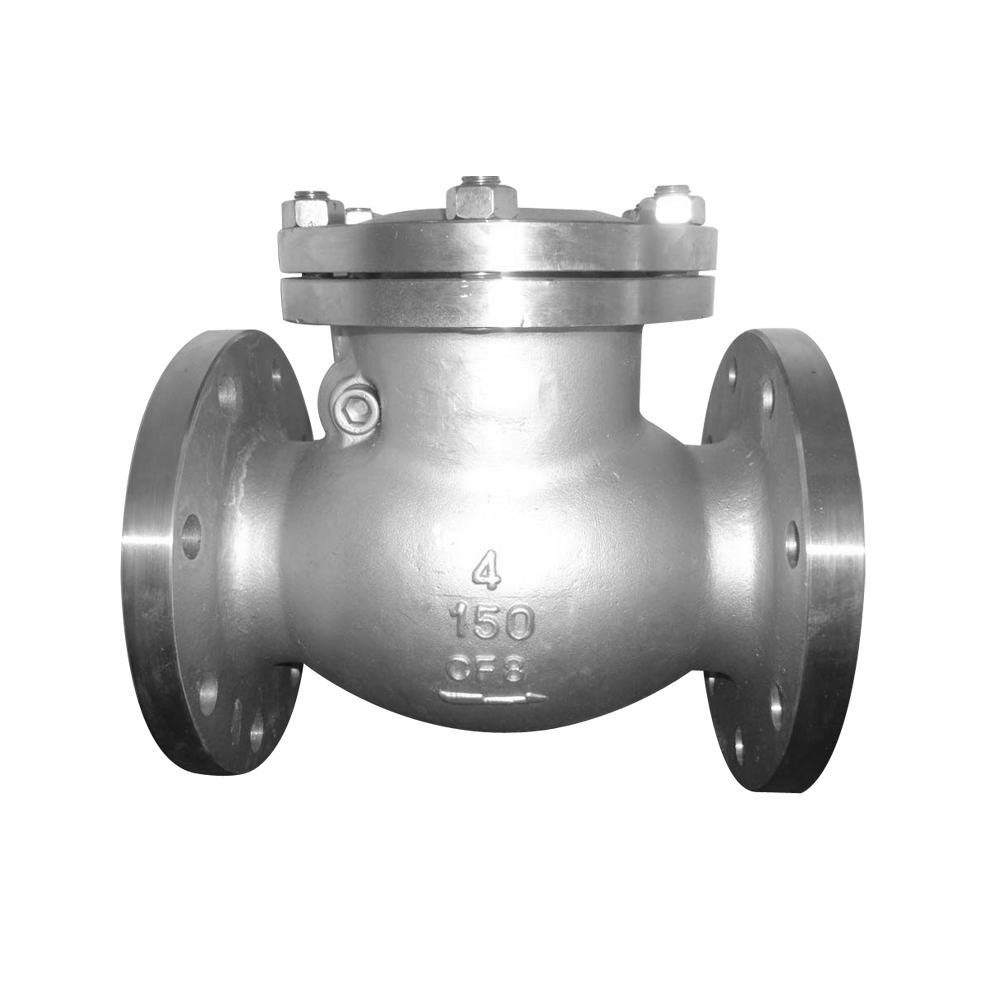Remote-Controlled Electric Actuator for Enhanced Automation and Precision Control
Electric Actuator with Remote Control Revolutionizing Automation
In today's fast-paced industrial landscape, the demand for efficiency and precision is at an all-time high. Companies are constantly seeking innovative solutions to streamline operations, reduce labor costs, and enhance productivity. One technological advancement that has made significant strides in recent years is the electric actuator with remote control capabilities. This device not only simplifies processes but also offers a level of control and flexibility that was previously unimaginable.
What is an Electric Actuator?
An electric actuator is a device used to convert electrical energy into mechanical energy. It is commonly used to automate valve operations, dampers, and other types of mechanical movements in various industries, including manufacturing, energy, and transportation. Electric actuators offer numerous advantages over traditional pneumatic and hydraulic systems, such as reduced maintenance, lower operating costs, and increased energy efficiency.
The core function of an electric actuator is to provide precise positioning and control. By employing electric motors, these actuators can achieve rapid and accurate movements, making them ideal for applications that require exact specifications. Furthermore, with advancements in technology, electric actuators can now be equipped with sensors and feedback mechanisms that allow for real-time monitoring and adjustments.
The Emergence of Remote Control Technology
Remote control technology has transformed how machines are operated. No longer are operators bound to physical locations, allowing for greater flexibility and safety. With the integration of remote control into electric actuators, users can operate these devices from a distance, which is particularly beneficial in complex environments, hazardous locations, or areas that are difficult to access.
The remote control functionality can be achieved through various means, including radio frequency (RF), infrared (IR), or even internet connectivity through IoT (Internet of Things) platforms. This diversity allows businesses to choose a solution that best fits their operational environment. For instance, using IoT-enabled actuators allows for monitoring and control via smartphones or computers, providing a comprehensive overview of processes in real-time.
Benefits of Electric Actuators with Remote Control
1. Enhanced Safety One of the most significant advantages of using remote-controlled electric actuators is the safety aspect. Operators can perform tasks from a safe distance, minimizing exposure to dangerous conditions. This is particularly vital in industries where machinery can become unpredictable or hazardous.
electric actuator with remote control

2. Increased Efficiency Automating operations with electric actuators reduces the time it takes to complete tasks. Remote controls enable quick adjustments without the need for operators to be physically present, leading to faster response times and improved overall efficiency.
3. Cost Savings The integration of remote-controlled electric actuators can lead to substantial long-term cost savings. Reduced labor requirements, lower maintenance costs, and decreased energy consumption contribute to a more economically sustainable operation.
4. Flexibility and Scalability Industries evolve, and so do their needs. Electric actuators with remote control capabilities allow for easy adjustments and scalability. Whether expanding operations or adapting to new workflows, these devices can be reconfigured to accommodate changes efficiently.
5. Data Collection and Analysis Many modern electric actuators come equipped with sensors that provide valuable data analytics. This information can be used to optimize processes, predict maintenance needs, and enhance decision-making, paving the way for smarter operational strategies.
Applications Across Industries
Electric actuators with remote control capabilities have a wide range of applications across various sectors. In manufacturing, they can automate assembly lines, adjust production speeds, and control machinery from a distance. In the oil and gas industry, these actuators are used to manage valves and control flow rates safely, even in remote locations.
The utility sector employs remote-controlled electric actuators to manage energy distribution and operate grid systems efficiently. In residential and commercial settings, smart home automation systems use electric actuators to control blinds, gates, and heating systems, enhancing comfort and energy efficiency.
Conclusion
As industries continue to adopt automation technologies, the importance of electric actuators with remote control capabilities cannot be overstated. They represent the perfect fusion of efficiency, safety, and flexibility, allowing businesses to thrive in an increasingly competitive environment. With ongoing advancements in technology, we can expect to see even more innovative applications and improvements in the future, making these devices an essential component of modern industry.
-
3 types of check valves maintenance tipsNewsAug.23,2025
-
Ball valves types with trunnion mounted designNewsAug.23,2025
-
Butterfly valve company production capabilitiesNewsAug.23,2025
-
Fisher globe valve technical specificationsNewsAug.23,2025
-
Types of gaskets for flanges selection guideNewsAug.23,2025
-
Wedge gate valve suppliers quality standardsNewsAug.23,2025
-
Breakthrough in Domestic Low Temperature Valve Technology in ChinaNewsAug.18,2025




